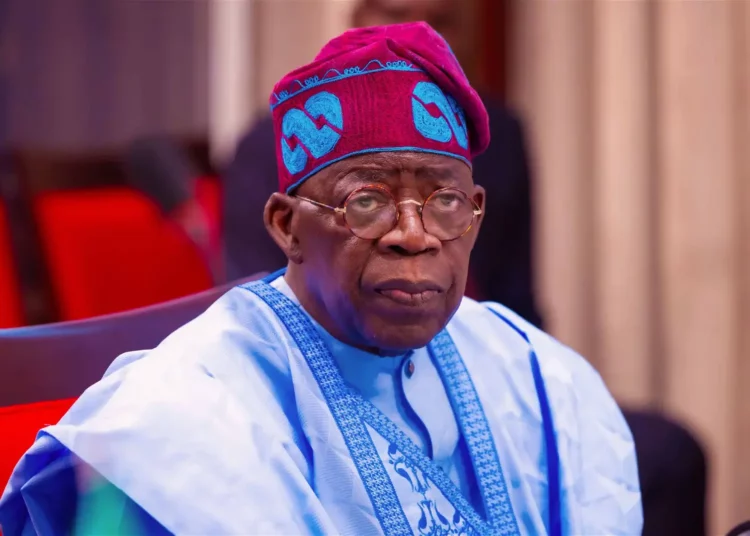Political polarisation—the deepening divide between opposing political ideologies—has become a defining issue in many democracies worldwide. While ideological differences are natural and even healthy in a democratic society, extreme polarisation can lead to social fragmentation, government gridlock, and a weakened sense of national unity. In an era of rising partisanship, understanding the causes and consequences of political polarisation is crucial to preserving democratic stability and fostering social cohesion.
Causes of Political Polarisation
Media and Echo Chambers
The rise of partisan media and social media platforms has fueled polarisation by reinforcing pre-existing beliefs and limiting exposure to diverse viewpoints. Algorithms on digital platforms often create “echo chambers,” where individuals are repeatedly exposed to content that aligns with their ideological biases, deepening divisions.
Identity Politics and Tribalism
Political identities have become deeply intertwined with personal and cultural identities. As a result, political disagreements are no longer just about policies but about core beliefs and values. This has led to an “us vs. them” mentality, making compromise and dialogue increasingly difficult.
•Economic and Social Inequality
Disparities in wealth, education, and access to resources contribute to political divides. Economic struggles often breed resentment, which can be exploited by political leaders to deepen divisions and rally support along class or ideological lines.
•Disinformation and Misinformation
The spread of false information—whether intentional (disinformation) or unintentional (misinformation)—exacerbates political polarization. Social media and biased news sources often amplify conspiracy theories, undermining trust in institutions and creating alternate realities for different political groups.
Impact on National Unity
•Erosion of Trust in Institutions
Extreme polarisation undermines faith in democratic institutions, including the judiciary, electoral systems, and the media. When political groups view institutions as biased or illegitimate, public confidence in governance diminishes, weakening democracy itself.
•Policy Gridlock and Government Dysfunction
Highly polarised political environments often lead to legislative stalemates, where opposing parties refuse to compromise. This results in ineffective governance, delays in policy implementation, and an inability to address critical national issues such as healthcare, infrastructure, and economic reform.
•Social Fragmentation and Increased Hostility
Polarisation extends beyond politics into everyday life, affecting relationships, workplaces, and communities. Families and friendships have been strained by political disagreements, while public discourse has become more hostile. In extreme cases, polarization has even led to civil unrest and violence.
•Threat to National Security and Stability
A deeply divided nation is more vulnerable to external threats, including foreign interference and propaganda. Adversaries can exploit internal divisions to weaken national security and influence political outcomes. A lack of unity also makes it harder to mobilise national efforts during crises, such as pandemics or natural disasters.
Strategies to Mitigate Political Polarisation
1. Promoting Media Literacy and Critical Thinking
Encouraging media literacy and critical thinking can help individuals identify biased or misleading information. Education systems and community programs should emphasize fact-checking and exposure to diverse perspectives.
•Encouraging Civil Discourse and Dialogue
Creating spaces for respectful political discussions—both online and offline—can bridge divides. Initiatives such as bipartisan town halls, community dialogues, and debate programmes can help people engage constructively with differing viewpoints.
•Political and Electoral Reforms
Reforming electoral systems to reduce extreme partisanship can help. Measures such as ranked-choice voting, open primaries, and independent redistricting commissions can encourage more moderate candidates and discourage extreme polarization.
•Strengthening Social and Economic Equity
Addressing economic inequality and ensuring equal opportunities can reduce resentment and class-based divisions. Investment in education, healthcare, and social programs can foster a more unified society.
While political polarisation is a significant challenge, it is not insurmountable. By fostering open dialogue, promoting media literacy, and enacting policy reforms, societies can bridge divides and restore a sense of national unity. The strength of a democracy lies in its ability to accommodate diverse perspectives while working toward common goals. In an era of division, finding common ground is more critical than ever.
Political polarisation in Nigeria is a multifaceted issue deeply rooted in the nation’s complex interplay of ethnicity, religion, and socio-economic factors. Experts have extensively analyzed these dynamics to understand their impact on national unity and democratic processes.
Ethno-Religious Divisions
Nigeria’s political landscape is significantly influenced by its ethno-religious diversity. The intertwining of ethnic and religious identities often leads to polarisation, especially during leadership selection and elections. For instance, the adoption of a Muslim–Muslim ticket in political contests has been a subject of controversy, with critics arguing that it deepens religious divides and challenges national unity.
Youth Political Engagement
The youth demographic in Nigeria presents a paradox of political apathy and polarisation. Factors such as economic instability, political corruption, and systemic exclusion contribute to declining levels of youth engagement. Ethnic and religious divisions further alienate young people from the political process, posing challenges to democratic advancement.
Media Influence and Social Cohesion
The role of media, particularly social media, in exacerbating polarisation cannot be overlooked. Studies have shown that online platforms can become arenas for divisive discourse, often amplifying ethno-religious tensions.
The spread of disinformation and the formation of echo chambers contribute to a fragmented public sphere, undermining efforts toward social cohesion.
Historical Context and Governance
Historical events, such as the formation of the Nigerian Political Bureau in 1986, highlight the challenges of integrating diverse perspectives into governance. The bureau’s efforts to involve intellectuals in political processes underscored the complexities of managing ethno-religious diversity within a unified national framework.
Calls for National Unity
In response to the challenges posed by political polarisation, several Nigerian politicians have advocated national unity and inclusive governance. They emphasize the importance of representing all ethnic and religious groups in political processes to bridge divides. For instance, former President Olusegun Obasanjo has been a vocal proponent of Nigerian nationalism, urging citizens to prioritise national identity over ethnic or religious affiliations.
In conclusion, Nigerian politicians play a pivotal role in both the perpetuation and mitigation of political polarisation. Their actions and rhetoric significantly influence the nation’s unity, highlighting the need for responsible leadership that prioritises inclusivity and cohesion.















